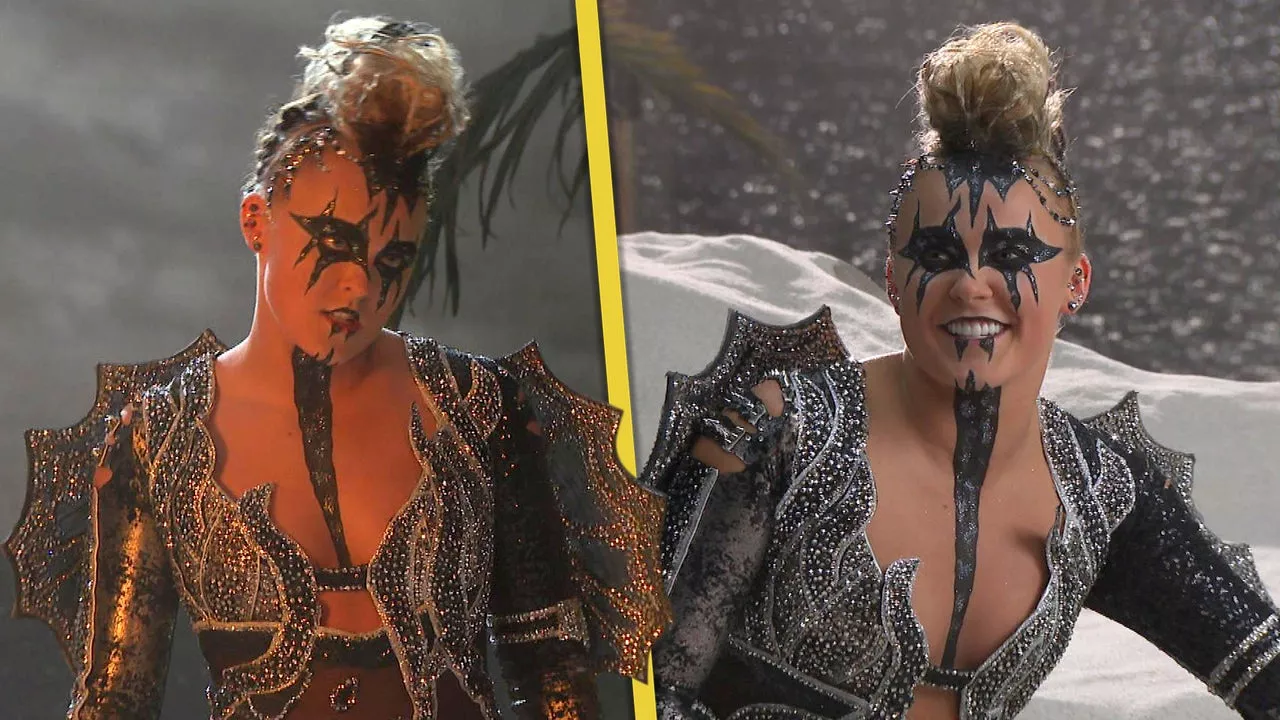In this episode, executive coach helps Rachel, a highly successful leader, overcome a specific leadership challenge she is facing. Rachel shares her rapid growth path within her company and the difficulties she is currently experiencing as a manager of managers.
Leaders, part of the HBR Podcast Network. I’m a longtime executive coach who works with highly successful leaders who’ve hit a bump in the road. My job is to help them get over that bump by clarifying their goals and figuring out a way to reach them so that hopefully they can lead with a little more ease. I typically work with clients over the course of several months, but on this show we have a one-time coaching meeting focusing on a specific leadership challenge they’re facing.
MURIEL WILKINS: Now Rachel wants to make sure she’s positioning herself in the right way to continue to show her value and to adapt with the organization. While she managed to climb the ladder previously, she wants to make sure she’s being strategic going forward. Let’s start the coaching conversation as I ask how the role is going a few years in and where she thinks her pain points might lie.
MURIEL WILKINS: So going back to sort of the baseball analogy, it’s like, Hey, I don’t know if there’s going to be a spot that opens up on the regional team, but I want to be ready so that if a spot opens up, they can look at me and select me. Yes, understood. I think. And so, why do you want to play at the regional level?
MURIEL WILKINS: Whatever this is. Exactly. Yes. Whatever this is. And I am just going to be honest with you. I don’t know what this is, because I’m not in your company and part of being proactive is defining what this is and then testing it out. So, let me ask you a quick question. I know you are feeling like you are speaking a different language.
RACHEL: I would say very low. I have very low conviction. There’s a lot of information. There’s also a lot of voices in the room because part of my role as I’m working very cross-functionally, the way our company is structured is very matrixed. And I feel like because I don’t have conviction in my own perspective, I’m also very easily influenced by the people I’m working with.
Now, what difference would it have made if that other person had been a peer or somebody more junior than you, than if it had been a senior executive? MURIEL WILKINS: So, if you were… Let’s just go down both those paths because I kind of want to unravel this a little bit. If you were wasting their time, what do you think would happen? How would you know?
MURIEL WILKINS: Understood. So, there is a part around being careful of holding back so much from engaging with these folks that you then are not seeking to understand what they care about. Because on the one hand, you’re like, “I don’t want to say anything because I don’t really know what they care about.
MURIEL WILKINS: And have you had moments, maybe not in this role, but in the past where you felt that you were able to do both? That you were able to bring a point of view, conviction and be flexible to what else was going on the room and what stakeholders thought and where stakeholders’ agendas were?
MURIEL WILKINS: But you got that validation after you decided this is it. “This is what I’m going to place my bet on and then I’m going to go out and do it because I believe this is what needs to happen.” And then you got positive affirmation that, “Yeah, we’re so glad you did that.” And in this situation you feel like you have not been able to articulate what that North Star is?RACHEL: I don’t know that I am expecting anything back.
RACHEL: Yes, it feels very permanent. And then I am very much an over thinker and a little bit of a perfectionist. So, if I’m going to write it down, it’s going to be permanent, it’s got to be perfect and it’s got to be the thing. So well, I don’t know yet, so I better not write it down yet. RACHEL: I have not done that. And it sounds amazing because even as you’re talking through it, there’s three hypotheses in my head, and I think before I didn’t know how to categorize them. So, it was just a lot of thoughts bouncing around in my head. I didn’t know which one was right. So, I’m not writing it down, I’m not committing to it, but thinking about them like hypotheses. I’m like, “Great, there’s probably three or four, at least. I know what they are, they’re bouncing around in my head.
RACHEL: Zero. The time that I have spent with them has been about a very specific project and the things happening on that project. Yes, I have spent zero time trying to understand what does it look like to get 10,000 feet, what else is up there? I’m engaging with you at this thing that’s happening here. What else is going on over there at that elevation?
RACHEL: It’s interesting because there’s questions I want to ask because I’m curious, but what you asked is what questions would be helpful to me? So, I think one of the big ones that I would want to ask is actually pretty simple. How do you view my function and my role? What do you hope to get from our function? You’ve got us involved, but I don’t actually know if they see us as you are the executors or you are the strategic thinkers.
RACHEL: And I haven’t been seeking that help either. I feel like I’ve just sort of been trying to figure it out myself. So, I do think there’s people I can talk to – “Okay, what do you think the dynamics are?” And again, this is where I will very much the tree analogy in mind. I don’t have to take their view of the dynamics as the rigid thing I have to stick with, but it can inform my own perspective of the dynamic, and then I can actually go validate that with the people directly.
RACHEL: Yes, I do not want to be relegated to the basement. That’s the A to B place that I do not want to be there.
Leadership Coaching Executive Coach Leadership Challenges Career Growth Management
United Kingdom Latest News, United Kingdom Headlines
Similar News:You can also read news stories similar to this one that we have collected from other news sources.
 Why can online friendship groups be hard to navigate?Navigating online groups means navigating conflict, and not voicing discontent means potentially being inauthentic to oneself.
Why can online friendship groups be hard to navigate?Navigating online groups means navigating conflict, and not voicing discontent means potentially being inauthentic to oneself.
Read more »
 Navigating Sales Challenges In The Post-Pandemic EraWith over 10 years of diverse management experience in technology entrepreneurship and venture capital, I specialize in program management, community and ecosystem building, event organizing, growing partnerships, startup scouting, and mentoring.
Navigating Sales Challenges In The Post-Pandemic EraWith over 10 years of diverse management experience in technology entrepreneurship and venture capital, I specialize in program management, community and ecosystem building, event organizing, growing partnerships, startup scouting, and mentoring.
Read more »
 Cultural Intelligence in Hi-Tech Leadership: Navigating Global Business DynamicsLearn from industry examples and discover best practices for fostering an inclusive, innovative environment in global tech enterprises.
Cultural Intelligence in Hi-Tech Leadership: Navigating Global Business DynamicsLearn from industry examples and discover best practices for fostering an inclusive, innovative environment in global tech enterprises.
Read more »
 Mindfully Doing What MattersNavigating anxiety and related challenges
Mindfully Doing What MattersNavigating anxiety and related challenges
Read more »
 JoJo Siwa Talks Viral Single 'Karma' and Navigating Her New Era (Exclusive)The former child star is ready to enter her edgy new era -- and only ET was on the set of her buzzed-about new video.
JoJo Siwa Talks Viral Single 'Karma' and Navigating Her New Era (Exclusive)The former child star is ready to enter her edgy new era -- and only ET was on the set of her buzzed-about new video.
Read more »
 'Nothing Rivaled This': Navigating the Oncology Drug ShortageBecause this platinum drug shortage crisis won't be the last, oncology practices need to be better prepared to tackle future problems.
'Nothing Rivaled This': Navigating the Oncology Drug ShortageBecause this platinum drug shortage crisis won't be the last, oncology practices need to be better prepared to tackle future problems.
Read more »
